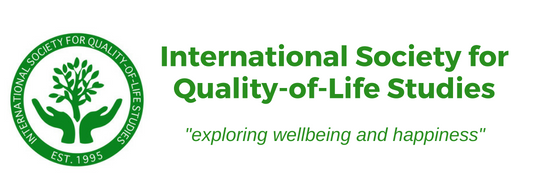Scope Book 2 (Springer/Palgrave Macmillan. Publication June 2020)
‘Humanitarian Work, Social Change and Human behavior’. Compassion for Change
https://www.palgrave.com/gp/book/9783030458775
This Book ‘Humanitarian Work, Social Change and Human behavior’ is based on the understanding that human existence is a composite of four layers: mind, heart, body and soul. These four elements are constantly interacting with each other. Each chapter component reflects one of these four layers of human existence, which underpin an innovative methodology that will be introduced in these pages. By combining theory and praxis the objective is to make the reader understand (thought), feel (emotion), experience (sensation) and share (aspiration) the content of ‘Humanitarian work, social change and human behaviour’ first-hand.
The book points out some of the reasons for the insufficient progress made by development and humanitarian aid. It offers arguments why non-profit institutions whose justification is to help, must begin by help their staff help themselves. Organizations with an inspiring social mission must practice internally what they preach internally. Whether these organizations life up to the inspirational potential that goes with their mandate, is conditioned by their ability to place the aspiration of their staff for meaning at the center of action, internally and externally. It is shown how the proposed paradigm shift can be started, expanded and maintained, from individuals to institutions and vice-versa. The outline of Compassion for Change (C4C), proposes a concrete way for using the paradigm-shift that this book is based up to transform the internal culture of humanitarian and development organizations; in order to reanimate and expand their external influence.
The first chapter illustrates the inside-out logic that this book is based upon, while also introducing the story of the author. This chapter will demonstrate the causes and consequences of a novel approach whose logic and added value is presented in the subsequent chapters. Chapter two introduces the theoretical underpinning of the approach, and its benefits. Chapter three focuses on the outside-in dynamic. This chapter offers links to the status quo of the humanitarian and development aid sector, with proposed elements for change. The fourth and final chapter summarizes the principle of the continuum between, and within, the four layers that the methodology is based upon; it facilitates the practical application through schematization and hereby rationalization. Each chapter includes exercises for the reader to apply the proposed theoretical insights in their own context, and to share what they have acquired with others.
Cornelia C. Walther, PhD
Tel + 1 347 845 37 90
Affiliations: Deakin University, UNICEF, POZE Network
Location: New York

